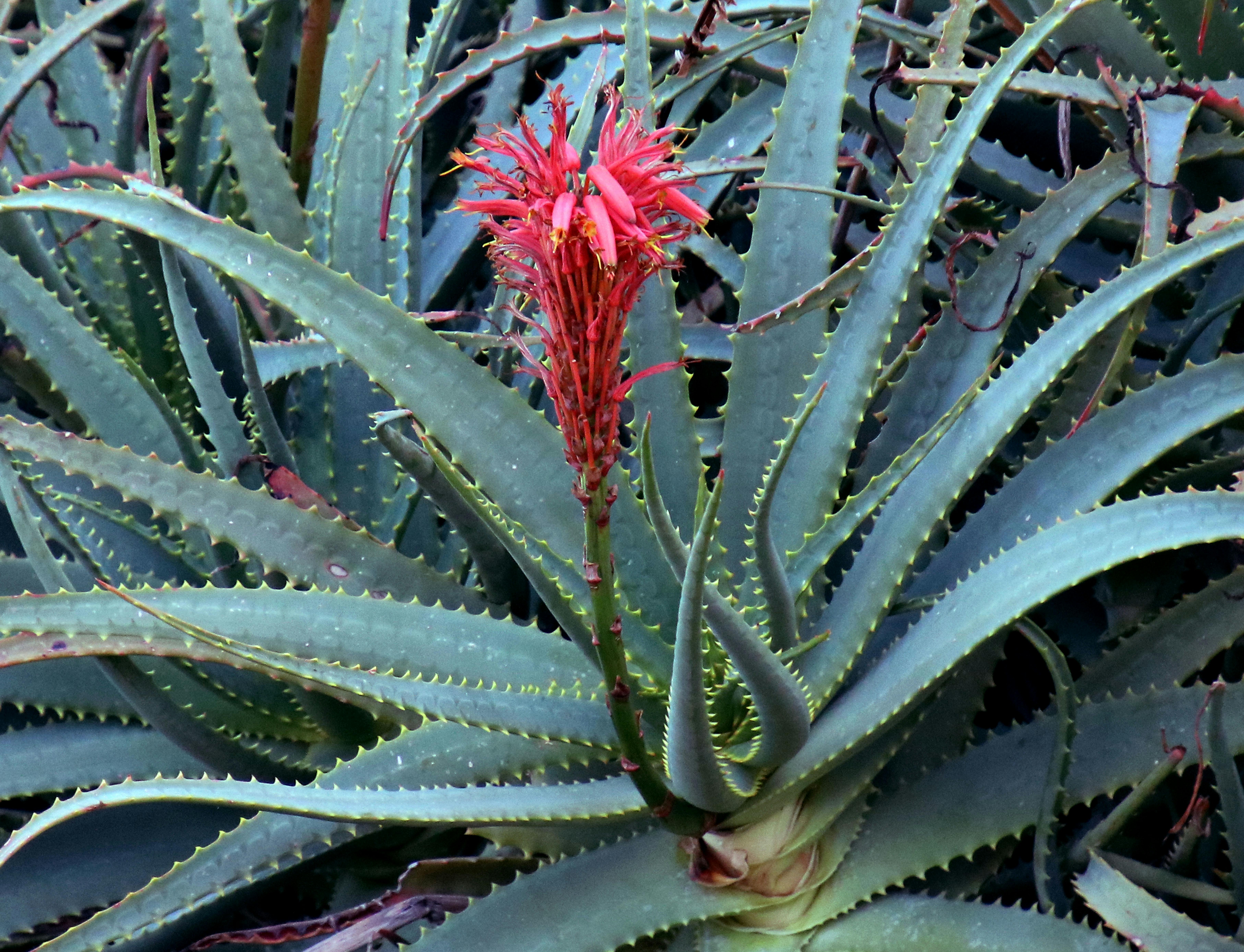Top Hair Care Tips for Stronger, Healthier Hair
Natural Beauty & Hair Growth Guide
Stronger, shinier, and healthier hair is not just about genetics—it’s about consistent care, nutrition, and holistic well-being. While some people are born with naturally resilient hair, everyone can achieve thicker, more vibrant locks by following the right practices. In this guide, we’ll explore the science, tradition, and modern strategies that make hair healthier—from scalp care to professional treatments, and everything in between.

1. Understanding Your Hair Type and Texture
Your hair type dictates how it reacts to products, humidity, and treatments. Knowing your type helps you customize your care routine:
The Four Main Hair Types
- Straight Hair: Shiny, smooth, but prone to oiliness.
- Wavy Hair: Flexible, can hold styles easily, but frizzes in humidity.
- Curly Hair: Bouncy and voluminous, but often dry and fragile.
- Coily/Kinky Hair: Rich in texture, requires deep hydration and protective styling.
Porosity Matters
Porosity refers to how well your hair absorbs and retains moisture. Low-porosity hair resists hydration, while high-porosity hair loses moisture quickly.
Quick Test: Place a clean strand of hair in a glass of water. If it sinks quickly, you have high porosity. If it floats, your hair is low-porosity.
2. Nutrition: Feeding Your Hair from the Inside Out
Hair is made up of keratin—a protein. Without the right nutrients, hair becomes brittle and prone to breakage. Diet is the foundation of hair health.
Essential Hair Nutrients
- Protein: Eggs, chicken, and beans.
- Iron: Spinach, lentils, lean beef.
- Vitamin A: Carrots, sweet potatoes (for sebum production).
- Vitamin E: Almonds, sunflower seeds (protects against oxidative stress).
- Omega-3s: Salmon, chia seeds (keep scalp hydrated).

Hydration is Key
Dehydration leads to brittle hair. Aim for at least 2 liters of water daily to keep strands flexible and glossy.
3. Washing & Cleansing Routine
Too much washing strips oils; too little clogs follicles. Balance is essential.
Best Practices
- Wash oily hair every 2 days; dry hair, once a week.
- Always rinse with cool water to close cuticles.
- Choose shampoos with mild surfactants like cocamidopropyl betaine.
DIY Natural Rinse
Mix 2 tbsp of apple cider vinegar in 1 cup water and use as a final rinse for shine and scalp balance.
4. Natural Remedies That Work
Traditional remedies are backed by both science and culture:
- Aloe Vera: Soothes itchy scalp, hydrates.
- Coconut Oil: Reduces protein loss by 40% when used pre-wash.
- Onion Juice: Contains sulfur compounds that stimulate follicles.
- Rosemary Oil: As effective as minoxidil in some studies.
- Fenugreek Seeds: Rich in protein, great for hair masks.

5. Styling Without Sacrificing Health
Excessive styling weakens hair. Here’s how to protect it:
- Air-dry instead of blow-drying when possible.
- Use silk pillowcases to reduce friction.
- Protective hairstyles (braids, twists) prevent breakage, especially for curly/coily hair.
6. Scalp Care: The Overlooked Secret
Think of your scalp as a garden. Without proper soil, nothing grows well.
- Massage scalp with oils to increase blood circulation.
- Exfoliate weekly with sugar + olive oil scrubs.
- Avoid buildup from dry shampoos.
Related: Learn how to create a DIY scalp care routine at home.
7. Hair Problems & Their Fixes
Dandruff
Caused by yeast overgrowth. Use shampoos with ketoconazole or zinc.
Split Ends
No product can repair them—trimming is the only solution.
Hair Thinning
Caused by stress, genetics, or deficiencies. Consult a dermatologist for PRP or minoxidil.
8. Lifestyle Habits That Transform Hair
Your daily habits reflect on your hair.
- Sleep: 7–8 hours prevents cortisol-induced shedding.
- Exercise: Boosts blood flow to scalp.
- No Smoking: Nicotine reduces blood supply to follicles.
9. Professional Treatments Worth Considering
- PRP Therapy: Uses your own plasma to stimulate follicles.
- Laser Caps: Low-level laser therapy improves thickness.
- Hair Transplants: For advanced baldness.
10. Cultural Hair Care Wisdom
Different cultures have rich traditions:
- Ayurveda (India): Amla oil and Bhringraj for strength.
- Africa: Shea butter and protective braiding styles.
- Japan: Camellia oil for shine.
11. Frequently Asked Questions (FAQs)
How often should I wash my hair?
Depends on your scalp type—oily scalps need more frequent washing, dry scalps need less.
Can stress cause hair loss?
Yes, through telogen effluvium. Managing stress is key.
Best vitamins for hair?
Biotin, iron, vitamin D, and omega-3 fatty acids.
How long before I see results?
8–12 weeks of consistent care usually shows noticeable improvement.
Final Thoughts
Healthy hair is a reflection of holistic well-being. With the right diet, scalp care, styling habits, and patience, you can achieve hair that’s naturally strong and beautiful. Remember—consistency beats quick fixes.
Next Step: Try our natural skincare routine for a complete beauty transformation, or explore WebMD’s guide on hair health.
Comments
Post a Comment
We love your feedback! Please share your thoughts below. All comments are moderated to ensure a positive and helpful community. Spam or inappropriate comments will be removed.